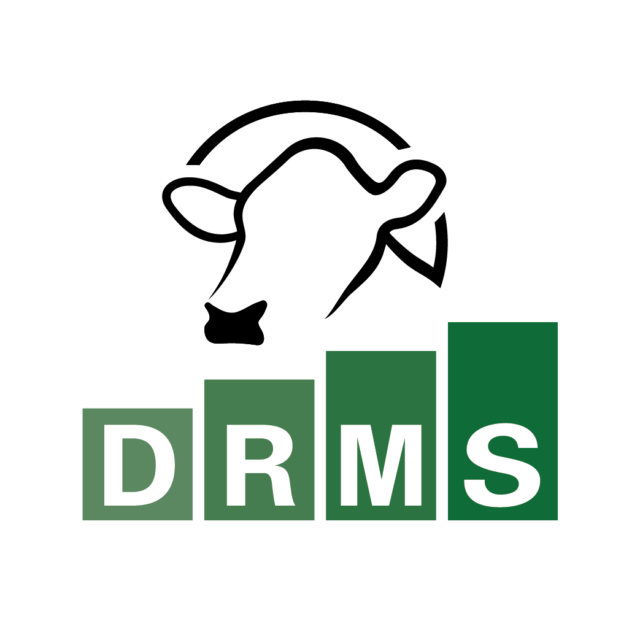Proposals submitted for a public hearing on California’s Class 4b minimum milk pricing formula “dry whey scale” are similar in tone and content to those submitted more than a year ago.
Last July, California Department of Food and Agriculture (CDFA) Secretary Karen Ross ordered a temporary adjustment to the dry whey scale on all milk marketed between Aug. 1, 2015 and July 31, 2016.
With the temporary adjustment set to expire in about 4 months, CDFA scheduled a public hearing for April 11-12, in the CDFA Auditorium, Sacramento, California. In preparation for that hearing, CDFA called for alternative proposals by March 28.
Dairy producer proposal
A proposal from three California producer trade associations, the California Dairy Campaign (CDC), Milk Producers Council (MPC) and Western United Dairymen (WUD), retains the current dry whey scale and makes it permanent.
Or, at least permanent until if, or when, California joins the federal milk marketing order (FMMO) system. That process is under a separate track, overseen by the USDA.
In the CDC/MPC/WUD proposal, the organizations said the intent of the temporary whey factor adjustment has not provided the needed increase in revenue to California dairy farmers.
Due to declining whey values, the temporary scale generated an average of 3.4 cents per hundredweight more to the Class 4b formula than the previous formula would have for the period August 2015 to February 2016.
Milk prices have declined during that period, and California milk production has been through 15 consecutive months of year-over-year declines.
Read the CDC/MPC/WUD proposal.
Land O’Lakes supported CDC/MPC/WUD in calling for permanent implementation of the current temporary dry whey scale, citing worsening financial conditions among California dairy farmers.
“This decrease in profitability on California’s dairy farms has resulted in a drastic reduction of milk production,” said Peter Janzen senior vice president and chief administrative officer with Land O’Lakes. “In January 2016, California’s dairy farms produced 2.8 percent less milk than in January 2015. This represents a decrease of 3 million pounds per day, or 60 fewer truck loads delivered to California’s processing plants.”
Land O’Lakes also supported adoption of a California FMMO.
Read the Land O’Lakes letter.
Processor proposal
In its proposal, the Dairy Institute of California (DIC), representing the dairy processors, repeated its claim the dry whey-based scale is no longer representative of the whey values received by cheese plants operating in the state. Instead, DIC’s proposal substitutes a factor based on liquid whey protein concentrate (WPC). Central and Western U.S. prices for 34 percent WPC are published weekly by USDA’s Dairy Market News.
“The changes are proposed to make the Class 4b pricing formula better reflect the current market situation and to balance the needs of producers and the diverse types of cheese plants that operate in the state of California,” said William Schiek, an economist for the Dairy Institute of California. “It is reflective of the value of whey to cheesemakers that concentrate liquid whey and sell it to other plants for further processing, and is therefore more appropriate for inclusion in an end-product price formula designed to calculate minimum regulated prices for milk.”
The institute requested that any extension of the current temporary whey scale adjustment sunsets within six months of the current expiration date of July 31, 2016.
Read the DIC proposal.
Under California’s state milk marketing order, Class 4b milk is the same as Class III milk under FMMO, utilized primarily in the manufacturing of cheese and whey products. State and FMMO pricing formulas differ however, resulting in lower Class 4b milk prices paid to California producers than the comparable Class III milk prices paid in federal orders.
The formula has been a divisive issue between the state’s producers and processors for years.
The hearing notice, information about submitting comments, and alternative proposals can be found at CDFA’s Dairy Matrix. PD

-
Dave Natzke
- Editor
- Progressive Dairyman
- Email Dave Natzke




